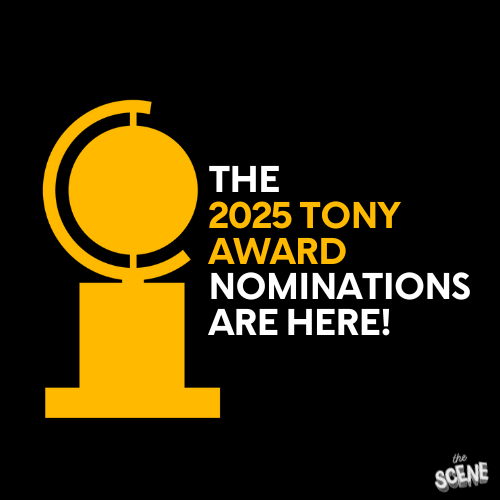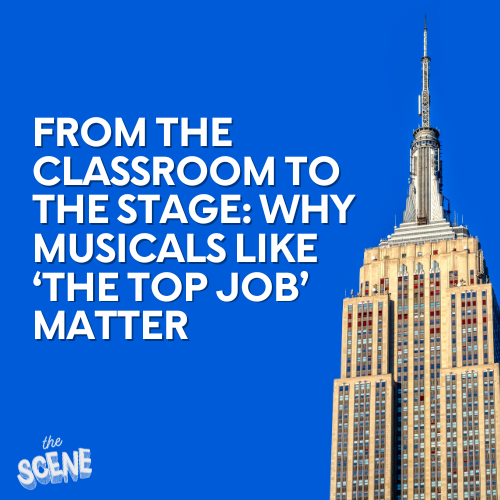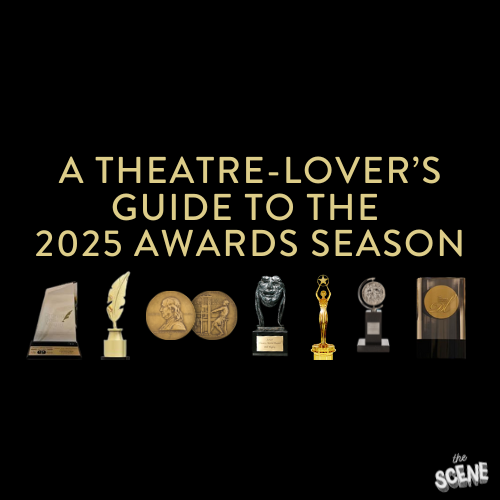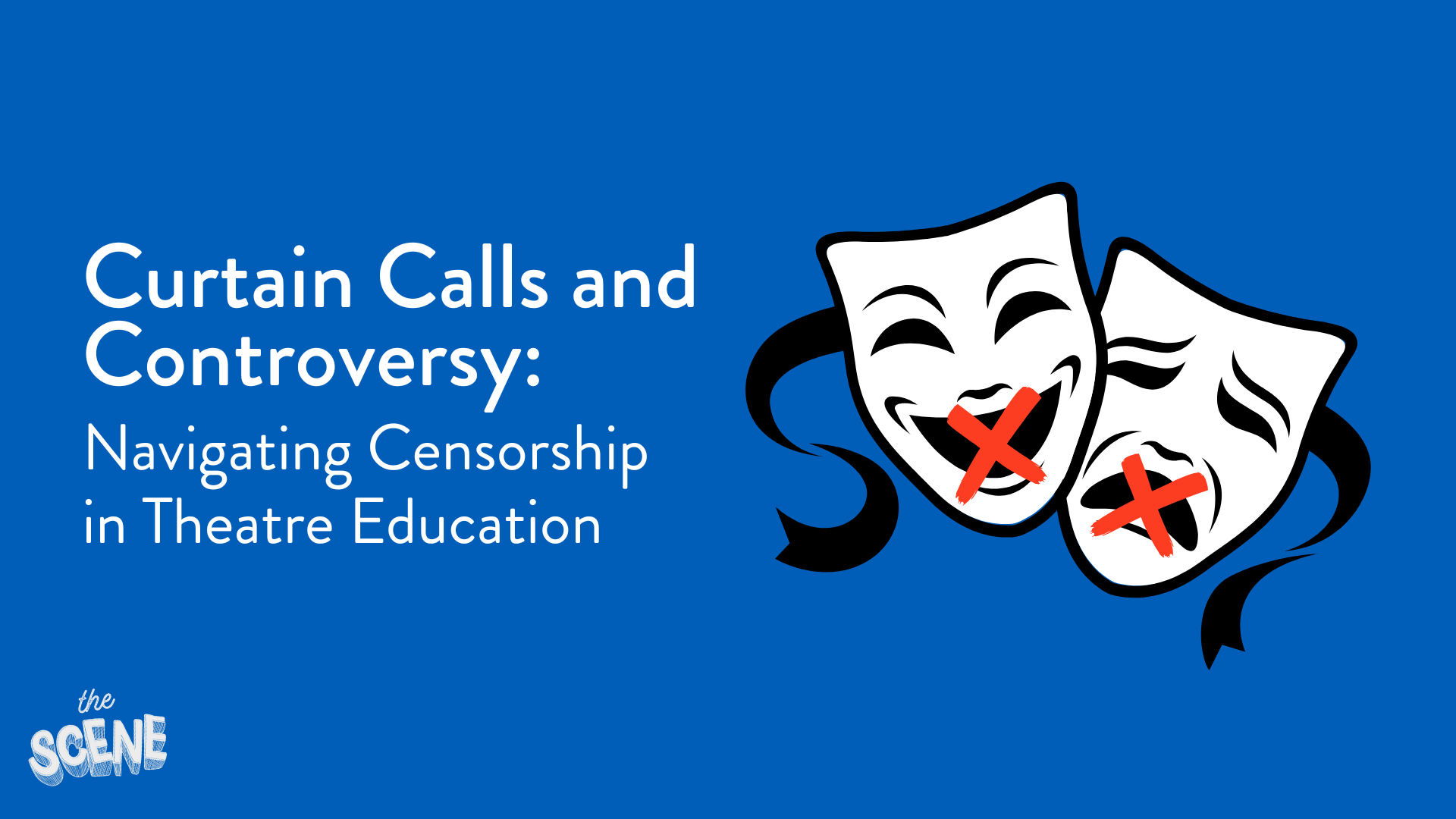By Zach Dulli, The Scene
Here’s the thing: theatre education isn’t just about staging a show. It’s about lighting a match—starting conversations, challenging ideas, and creating spaces where voices can echo through auditoriums and hallways long after the final curtain. If you’re teaching theatre, you’re teaching courage, and courage inevitably invites controversy. So the question is, how do you keep artistic integrity alive when censorship walks through the door?
Know the Field You’re Playing On
Censorship doesn’t appear from nowhere. It grows from discomfort, anxiety, and sometimes genuine fear about the stories we tell and how we tell them. It happens when someone hears words or sees images they aren’t sure young people are ready for—topics like sexuality, politics, race, religion, or mental health. It’s not malicious; it’s cautious, and cautious doesn’t always encourage growth.
Talk Early, Talk Often
If you remember nothing else, remember this: conversation beats controversy every time. Engage administrators and parents upfront and make your intentions clear. Show them your cards. If you choose a play like The Laramie Project, don’t just drop it on the community. Explain why. Explain that these stories aren’t just important—they’re crucial. They’re empathy builders, conversation starters, and civics lessons all rolled into one powerful package.
Education Is Your Best Argument
Put Your Students Front and Center
Here’s your secret weapon: your students. Give them ownership of the narrative. Let them lead discussions, perform research, and articulate why these stories matter. When young voices defend their work passionately and clearly, it becomes much harder to silence them. Authentic voices speaking genuine truths are your strongest defense against censorship.
You’re Not Alone—Build Your Team
Theatre education can sometimes feel isolating, especially when facing challenges like censorship. Remember, you have allies. Groups like the Educational Theatre Association, the Dramatists Guild, or the American Alliance for Theatre & Education provide resources, advocacy strategies, and the support network you need. Lean on them.
When Censorship Arrives—Be Ready
- Document Everything: Keep clear, detailed records: conversations, emails, decisions—everything.
- Know the Rules: Understand your district’s policies thoroughly.
- Always Have a Plan B: Offer alternative productions that meet the same educational objectives.
- Stay Calm and Professional: Even in the heat of controversy, professionalism is your greatest strength.
Final Act
Theatre isn’t meant to comfort—it’s meant to challenge. But within that challenge lies growth, empathy, and extraordinary learning opportunities. You’re teaching more than theatre; you’re teaching your students and community how to handle complexity, nuance, and the tough conversations that shape us all. This isn’t just theatre education—it’s citizenship, courage, and, yes, even democracy, happening right there in your high school auditorium.









